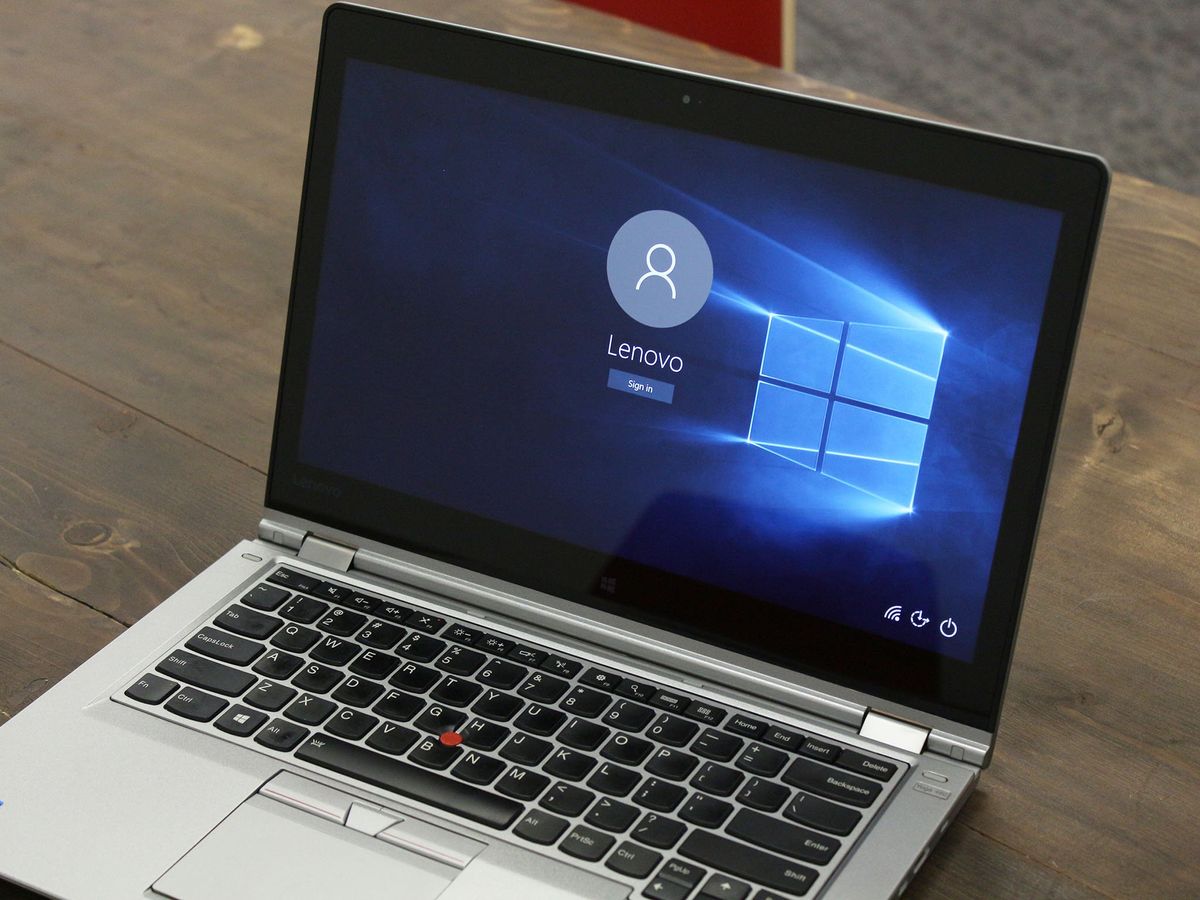Windows 10 SDK preview build 17763 heads out to developers
Developers, it's time to get back to work with the latest Windows 10 SDK preview build.

Microsoft this week shipped out another Windows 10 SDK preview build for developers to tinker with. The latest release pushes the build number to 17763, which matches up with the most current available build on the Windows Insider slow ring.
Like other recent SDK releases, there are no big new features to look forward to. Rather, Microsoft has stuck to another round of bug fixes and changes to the API surface area. However, here's another look at some of the highlights from recent builds:
- Support get_strong and get_weak to create delegates: This update allows a developer to use either get_strong or get_weak instead of a raw this pointer when creating a delegate pointing to a member function.
- Add async cancellation callback: The most frequently requested feature for C++/WinRT's coroutine support has been the addition of a cancellation callback.
- Simplify the use of APIs expecting IBuffer parameters: Although most APIs prefer collections or arrays, enough APIs rely on IBuffer that it should be easier to use such APIs from C++. This update provides direct access to the data behind an IBuffer implementation using the same data naming convention used by the C++ standard library containers. This also avoids colliding with metadata names that conventionally begin with an uppercase letter.
- Conformance: Improved support for Clang and Visual C++'s stricter conformance modes.
- Improved code gen: Various improvements to reduce code size, improve inlining, and optimize factory caching.
- Remove unnecessary recursion: When the command line refers to a folder rather than a specific winmd, cppwinrt will no longer search recursively for winmd files. It causes performance problems in the OS build and can lead to usage errors that are hard to diagnose when developers inadvertently cause cppwinrt to consume more winmds than expected. The cppwinrt compiler also now handles duplicates more intelligently, making it more resilient to user error and poorly-formed winmd files.
- Declare both WINRT_CanUnloadNow and WINRT_GetActivationFactory in base.h: Callers don't need to declare them directly. Their signatures have also changed, amounting to a breaking change. The declarations alleviate most of the pain of this change. The change is necessitated by the fact that C++/WinRT no longer depends on the Windows headers and this change removes the dependency on the types from the Windows headers.
- Harden smart pointers: The event revokers didn't revoke when move-assigned a new value. This lead us to take a closer look at the smart pointer classes and we noticed that they were not reliably handling self-assignment. This is rooted in the com_ptr class template that most of the others rely on. We fixed com_ptr and updated the event revokers to handle move semantics correctly to ensure that they revoke upon assignment. The handle class template has also been hardened by the removal of the implicit constructor that made it easy to write incorrect code. This also turned bugs in the OS into compiler errors fixed in this PR.
If you're ready to get down to business, you can pick up Windows 10 SDK preview build 17763 now via Microsoft's download page.
Get the Windows Central Newsletter
All the latest news, reviews, and guides for Windows and Xbox diehards.
Dan Thorp-Lancaster is the former Editor-in-Chief of Windows Central. He began working with Windows Central, Android Central, and iMore as a news writer in 2014 and is obsessed with tech of all sorts. You can follow Dan on Twitter @DthorpL and Instagram @heyitsdtl.
